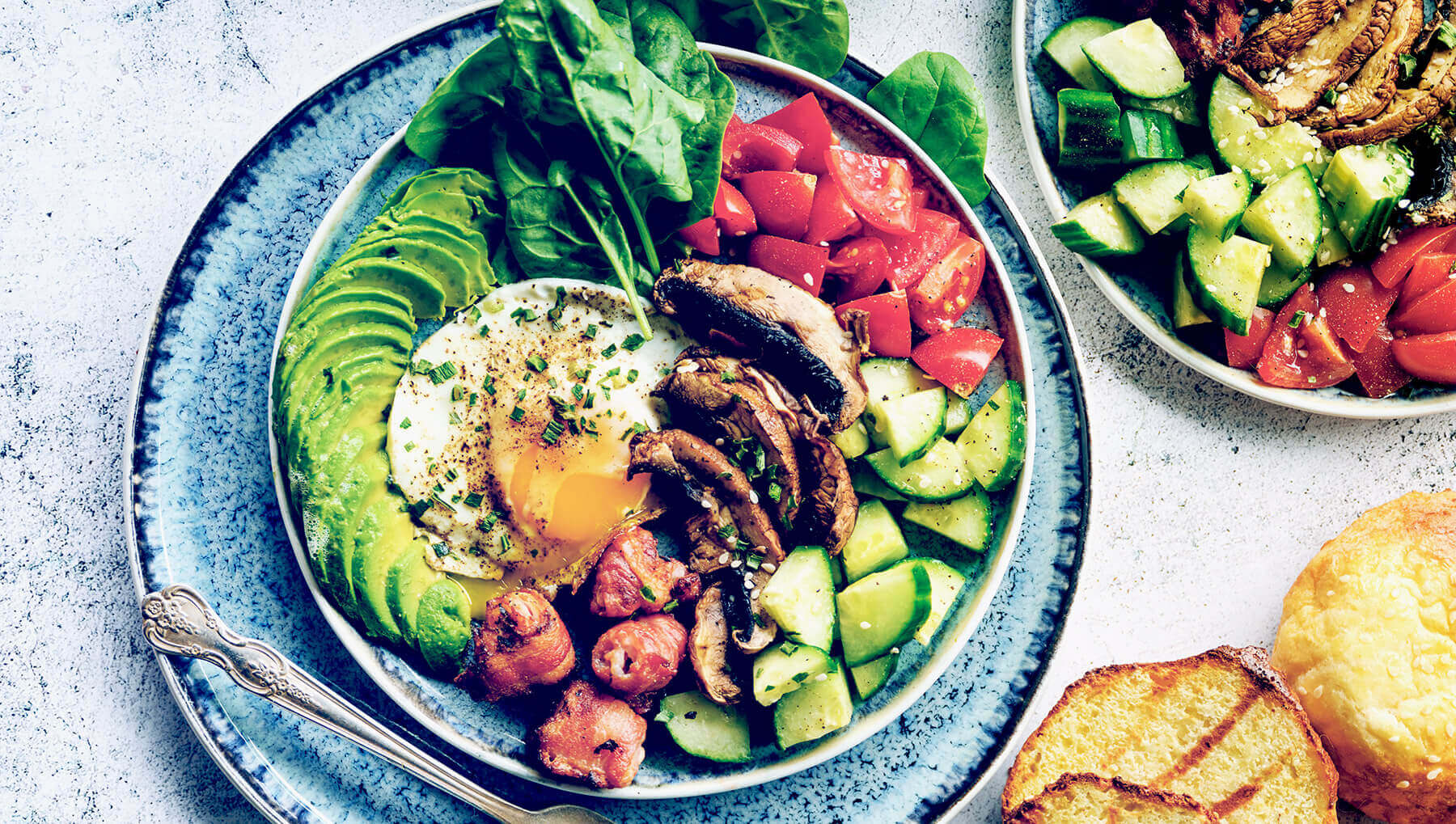
How do low carb diets compare to high carb diets for strength and muscle gains?
Overview
What did they test? The study compared the effects of high carbohydrates low fat and low carbohydrate high fat diets on body composition and maximal strength in men undergoing 15 weeks of resistance training.
What did they find? Results showed that the high carb - low fat diet led to greater muscle hypertrophy and strength gains, while the low carb - high fat diet was more effective in reducing body fat but also resulted in a decrease in maximal strength.
What does it mean for you? Although the results of the study point at high carb diets being better for muscle gains and low carb diets being a better option for fat loss, the data on long-term body composition changes and carbohydrate intake indicate that both approaches can be effective at improving body composition and strength.
What’s the Problem?
In the realm of sports and fitness, especially within the bodybuilding community, substantially improving your body composition can be as much about dietary strategies as it is about rigorous training. The quest for the best approach to dieting often leaves athletes and coaches at a crossroads, facing a multitude of dietary plans that promise enhanced athletic performance and ideal body composition. As we’ve previously looked at on REPS, low carb vs high carb diets seem to be among the top diets for the “which diet is the best” debate. The “debate” revolves around the optimal balance of macronutrients—carbohydrates, proteins, and fats—that can support the strenuous demands of resistance training while simultaneously fostering body composition goals. Although some have argued for lower carb diets to be better for fat loss and energy, the totality of available scientific evidence does not seem to support such notion 1. In addition to huge differences in body composition improvements and health, proponents of low carb diets often also argue that a low carb - high fat diet is the key to maximizing muscle gains via a plethora of questionable mechanisms.

Aside from general fitness, the discussion around low versus high carb diets is still a relatively hot topic in bodybuilding/body composition optimization circles. Bodybuilding, unlike many sports that prioritize strength, endurance, or speed, focuses on achieving a physique judged on criteria such as muscle symmetry, size, and definition. Achieving such a physique requires not just muscle hypertrophy but also minimizing subcutaneous fat and extracellular body water. The effectiveness of high carb-low fat and low carb- high fat diets in this context remains a topic of much debate, with each diet having its proponents and critics, including very well-accomplished athletes and coaches on both ends. In the context of bodybuilding and resistance training, high carb - low fat diets are traditionally favored for their role in supporting high-intensity training by optimizing glycogen stores, whereas low carb - high fat diets, promoting a state of ketosis, are touted for their fat-burning efficiency and potential health benefits. However, the long-term impacts of these diets on resistance trained individuals engaging in progressive resistance training, have not been as well researched as one might expect.
Thus, the question that (sort of) remains is whether the macronutrient composition of a resistance-trained individual’s diet can significantly affect long-term body composition and strength gains. Thankfully, Kruszewski et al can help us get closer to the truth!
Purpose & Hypothesis
If you would like to continue reading...
Reps: A Biolayne Research Review
Only $12.99 per month
- Stay up to date with monthly reviews of the latest nutrition and exercise research translated into articles that are easy for anyone to understand.
- Receive a free copy of How To Read Research, A Biolayne Guide
- Learn the facts from simplified research
About the author

Pak
Pak is the Chief Editor of REPS, an online coach and a researcher. Pak did his PhD at Solent University in the UK on “the minimum effective training dose for strength”. As a Researcher, Pak is a Visiting Scholar in Dr. Schoenfeld's Applied Muscle Development Lab in New York City. Pak's research focuses on all...[Continue]
More From Pak




